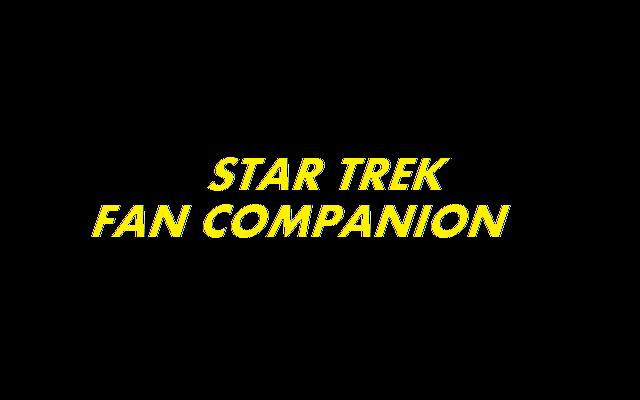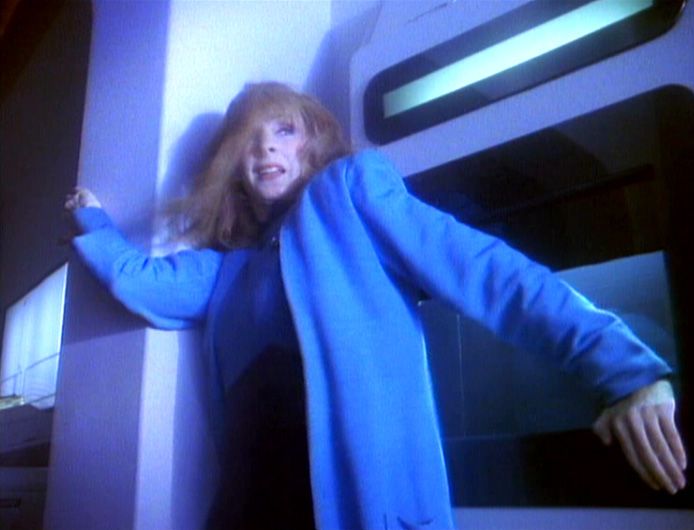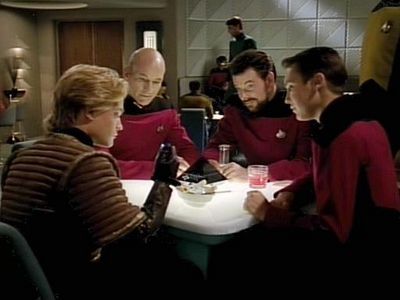 |
| via Trekcore Data is dubious about this early debut of T'Pol's catsuit... |
Well, like I said: awkward.
The timing is even more awkward. Flush with the creative reboot that was the third season and the chance to build on that with the fourth, Next Generation became more interested in exploring its cast of characters. But "Legacy" is less about Yar's legacy and more a generic con job that sucks in Data for a while (because of the bond he developed with Yar) without ultimately saying much about Data or the late Yar, and a whole lot of nothing at all about her sister, whose legacy quickly comes to just that.
And do you really want to know the most awkward thing about the episode? The bad fashion on display. The horrible, horrible fashion...
And do you really want to know the most awkward thing about the episode? The bad fashion on display. The horrible, horrible fashion...
Still, the effort was made. But this is a classic instance of too little, too late. Thankfully, this is nearly the worst stumble of the season (see, or really, don't: "Night Terrors"), so the rest of it delivers much better material, everything that the show runners hoped to accomplish, and everything the fans could really appreciate.
four quarter analysis
notable guest-stars:
Colm Meaney




